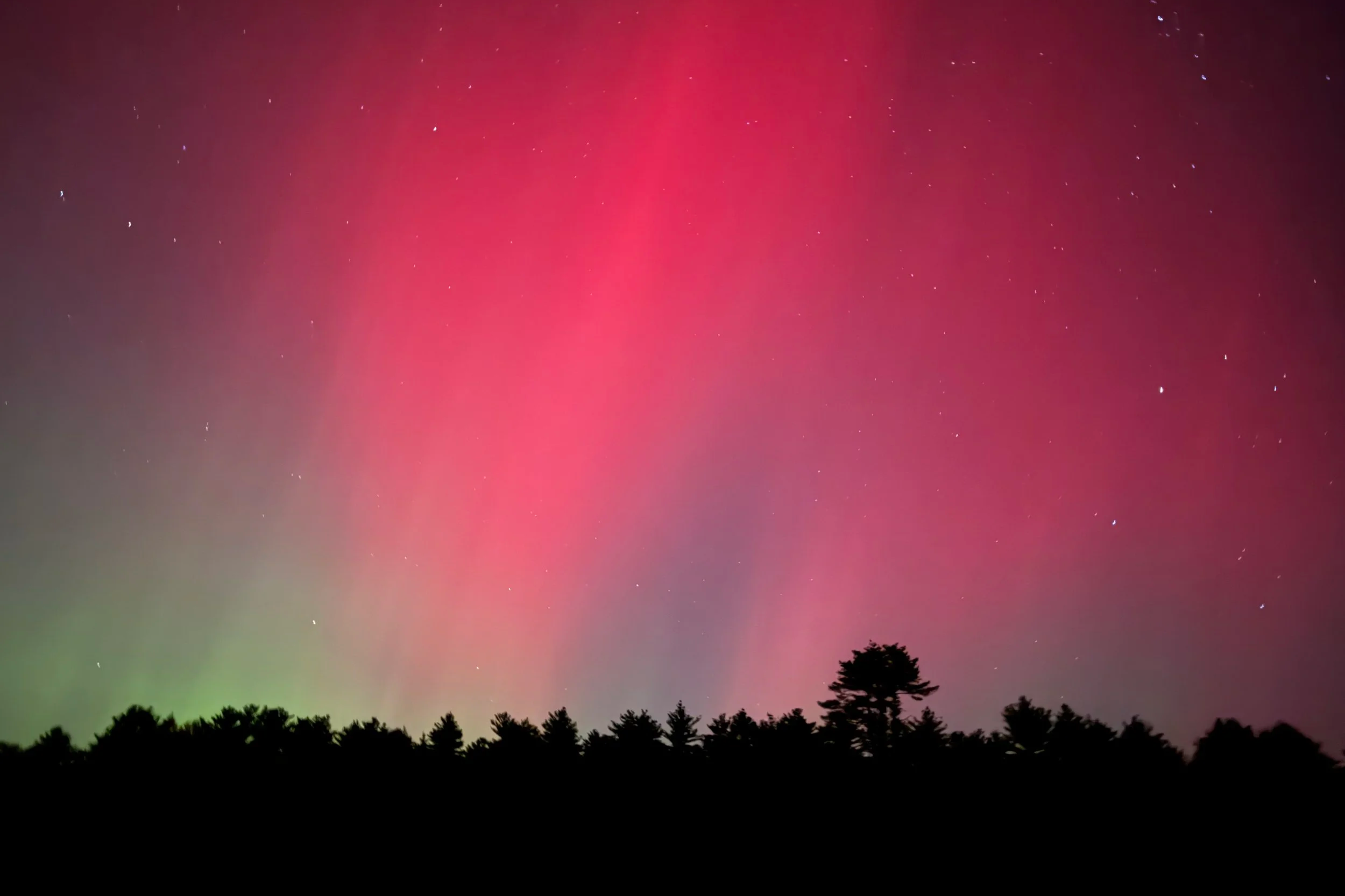Noctourism: A Hot Travel Trend That May Influence Where You Head Next
As I planned my 2026 travel schedule, I came across several articles in trade publications, such as Travel & Leisure and Conde Nast Traveler, that gave me pause. It’s no surprise that the two biggest trends, over-tourism and climate change, are adversely affecting travelers as well as destination infrastructures and local populations.
Another trend that caught my interest was noctourism (or nocturnal tourism), as it is not an area I’ve given much thought to other than perhaps seeing the Northern Lights. One catalyst for noctourism is the increasing prevalence of high daytime temperatures across the globe and the need to avoid daytime heat. Nighttime activities can be a more appealing and comfortable alternative.
Deep Sky Travel Experiences
As you can imagine by the name, noctourism entails nighttime travel and exploration. At its core, it involves traveling to dark-sky locations to experience the cosmos, see the Milky Way, and witness phenomena like the Northern Lights.
There are International Dark Sky Places (IDSP) that preserve and protect dark sites through responsible lighting policies and public education. Flagstaff, AZ, was the first designated International Dark Sky City in 2001, and there are now over 200 worldwide. The IDSP is a great place to find dark-sky locations to visit.
If you’re interested in seeing a solar eclipse, National Eclipse has all the information you need, as well as protective glasses for the big day.
Auroras are most prevalent near the Arctic Circle in places like Alaska, Iceland, northern Canada, and Scandinavia. Still, they’ve been seen over large portions of the US and Europe, too. The photo at the top of this article was taken in somewhat rural Massachusetts—we drove about 30 minutes to a rural area (to get away from light pollution) and waited an hour or so to see the aurora. News spread on social media and TV stations that the chances were high that night.
Noctourism Beyond Stargazing and Astronomy
Many destinations are leaning into noctourism, or nighttime travel, because it extends the tourism hours in a day. Some tours and experiences can be run at night when it is cooler and less crowded, just as easily as during the day. Many tourists also prefer to visit museums, take food tours, explore the market, and engage in other evening activities, rather than being alongside thousands during the day.
Here are a few noctourism ideas to consider (in addition to skygazing, eclipses, and auroras).
Cultural & Artistic Experiences
Night Museums & Galleries – After-hours access at the Louvre (Paris), Vatican Museums (Rome), or the Smithsonian (Washington, D.C.) creates a quieter, more atmospheric visit.
Light Festivals – Amsterdam Light Festival, Vivid Sydney, and Lyon’s Fête des Lumières transform cities into glowing works of art.
Night Performances – Traditional Fado music shows in Lisbon, flamenco in Seville, Kabuki theater in Tokyo, or opera under the stars in Verona’s Roman amphitheater.
Food & Market Culture
Night Markets – Street markets that are open after dark and centered around food, crafts, and entertainment are popular in Chatuchak Weekend Market in Bangkok, Thailand; Temple Street Night Market in Hong Kong; and the 626 Night Market in Arcadia, CA.
Evening Food Tours – Street food crawls in Ho Chi Minh City, tapas hopping in Madrid, or Boston’s chocolate tour through historic Harvard Square.
Water & Nature Experiences
Bioluminescent Bays – Kayaking at night in Puerto Rico’s Mosquito Bioluminescent Bay or Laguna Grande.
Evening Cruises – Seine dinner cruises in Paris, Danube night sails in Budapest, or gondola rides in Venice under lantern light.
Firefly Watching – Tennessee’s synchronous fireflies (lottery system-based) in the Great Smoky Mountains.
Urban Nightlife & Social Travel
Music & Jazz Trails – New Orleans’ Frenchmen Street, Chicago’s blues clubs, or Havana’s salsa bars.
Rooftop Lounges – Virtually every city has sky bars offering panoramic nighttime city views.
Nighttime Architecture Walks – Exploring illuminated landmarks in Prague, Paris, or Budapest, where bridges, castles, and cathedrals glow dramatically.
Wellness & Unique Retreats
Hot Springs Under the Stars – Iceland’s Blue Lagoon or Japan’s outdoor onsens.
Moonlit Wellness - Experiences like midnight yoga in Bali, lantern-lit desert meditation in Morocco, and Turkish baths (hammams) open late into the night.
In short, noctourism is just as much about culture, food, and atmosphere as it is about the night sky. You might even rediscover a familiar place and gain a new appreciation for the world by experiencing it after dark.

